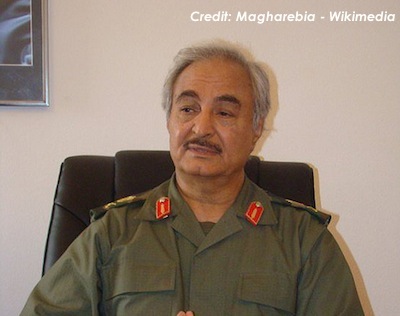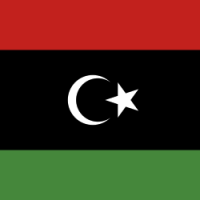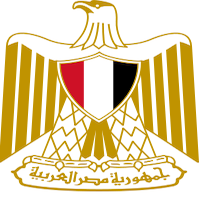 Virginia’s finest rogue foreign officer is at it again in Tripoli, Libya this week, as he tries a second time this year to seize power in the country from which he was exiled from 1987-2011. This time he actually remembered to bring troops.
Virginia’s finest rogue foreign officer is at it again in Tripoli, Libya this week, as he tries a second time this year to seize power in the country from which he was exiled from 1987-2011. This time he actually remembered to bring troops.
About three months ago, Gen. Khalifa Hifter tried to overthrow the government of Libya without much success:
Former longtime Virginia resident and past/present Libyan military general Khalifa Hifter attempted to seize power in Libya on Friday, claiming he had suspended parliament and initiated a military takeover to put the country back on the right path. Then what happened?
What happened was that nobody showed up. So that coup went poorly. At least no one got killed in that effort.
But the ex-general (or current general, depending on whom you ask), who may have been a longtime CIA asset, bided his time and continued building up his personal army in the country’s major cities. In the last couple days, his forces stole military aircraft and launched a combined air-ground assault on an Islamist fighter base in Benghazi. Then, actual units of the Libyan military joined in for the hell of it, leaving the government in Tripoli to sputter in impotent rage about how he had not been authorized to conduct military actions (which is, of course, also true of every warlord’s personal army in the country at the moment, but that hasn’t stopped anyone). At least 70 people were killed in the unauthorized raid and 140 more were injured.
Finally today, after several recent weeks of unrelated internal upheaval in the transitional national government and a new prime minister (or three), this weekend former General Hifter has rolled back into town — literally — with a lot more mobile firepower and people. After some fighting near the largely empty buildings, he announced he was replacing the national parliament with his own emergency cabinet.
Gunfire rang out in streets surrounding the General National Congress complex in the capital, Tripoli, witnesses said, and the official LANA news agency said routes leading to it had been blocked by armed men with truck-mounted heavy weapons.
Frightened residents took to social media to report rocket fire in at least one area of the capital, and the road to the city’s international airport was closed. The Associated Press cited hospital officials saying the attack killed one person and wounded nine.
It was not clear whether any lawmakers were inside the parliament building at the time of the assault. LANA quoted one as saying most had left earlier after a session was adjourned, and other reports said the building had been nearly emptied after warnings of the coming attack. However, the website of the Libya Herald, an English-language newspaper, said seven lawmakers apparently had been captured by the assailants.
A spokesman for Khalifa Haftar, the former general, later appeared on television to say the assailants had assigned a 60-member constituent’s assembly to take over for parliament and that the current government would act on an emergency basis, the Associated Press reported.
It remains to be seen if the national parliament and cabinet will be able to fend off the armed insubordination — or if anyone even notices. Because as I noted in his last coup attempt, would anyone really even notice if he “seized power”?
In reality, it’s kind of absurd on its face that a general would try to stage a “coup” in Libya. Right now there barely is a Libya.




 Former longtime Virginia resident and past/present Libyan military general Khalifa Hifter
Former longtime Virginia resident and past/present Libyan military general Khalifa Hifter  Regular readers will have noticed by now my informal chronicling of curious propaganda coming out of post-coup Egypt. Today I flag this passage in a New York Times op-ed, “
Regular readers will have noticed by now my informal chronicling of curious propaganda coming out of post-coup Egypt. Today I flag this passage in a New York Times op-ed, “ Among the Arab Spring countries, Tunisia was not only the first to get the ball rolling but has also made the most sustained progress toward a durable liberal democracy, with majority rule and minority rights.
Among the Arab Spring countries, Tunisia was not only the first to get the ball rolling but has also made the most sustained progress toward a durable liberal democracy, with majority rule and minority rights.